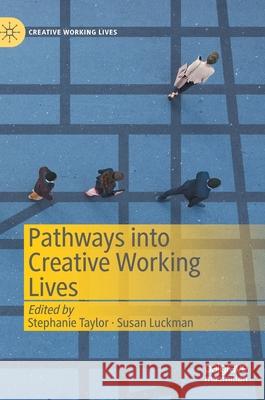Pathways Into Creative Working Lives » książka
topmenu
Pathways Into Creative Working Lives
ISBN-13: 9783030382452 / Angielski / Twarda / 2020 / 289 str.
Pathways Into Creative Working Lives
ISBN-13: 9783030382452 / Angielski / Twarda / 2020 / 289 str.
cena 342,14
(netto: 325,85 VAT: 5%)
Najniższa cena z 30 dni: 327,68
(netto: 325,85 VAT: 5%)
Najniższa cena z 30 dni: 327,68
Termin realizacji zamówienia:
ok. 16-18 dni roboczych.
ok. 16-18 dni roboczych.
Darmowa dostawa!
Kategorie:
Kategorie BISAC:
Wydawca:
Palgrave MacMillan
Seria wydawnicza:
Język:
Angielski
ISBN-13:
9783030382452
Rok wydania:
2020
Wydanie:
2020
Numer serii:
001062025
Ilość stron:
289
Waga:
0.51 kg
Wymiary:
21.01 x 14.81 x 1.91
Oprawa:
Twarda
Wolumenów:
01
Dodatkowe informacje:
Wydanie ilustrowane











